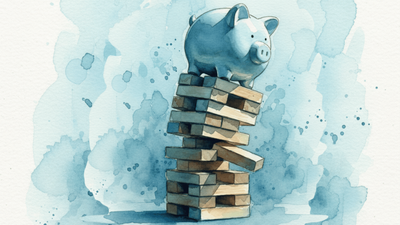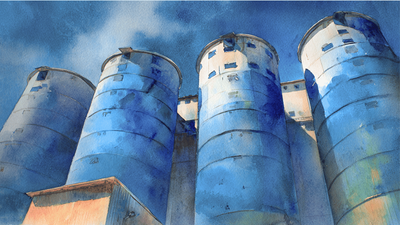The Paradox of Success

The most successful companies I've worked with are big, global corporations, which all share an uncomfortable secret: their greatest strengths have become their biggest vulnerabilities.
But here are three companies that are already writing a different story.
- Buffer eliminated managers entirely, moving to self-managed circles where teams own complete outcomes. No hierarchy, no approvals, just results.
- Airtable's CEO recently restructured their entire organisation around AI, merging traditionally separate functions because, as he puts it, AI changes what small teams can accomplish.
- Moderna merged Tech and HR - two departments that rarely even speak in most companies - because they recognised artificial boundaries were slowing them down.
These aren't random experiments. They're early responses to a fundamental shift: AI has broken the old equation that said you need more specialists and more coordination to scale.
Here's what fascinates me: while most organisations are still adding layers of management to "control complexity," and wondering how to integrate AI, these companies are breaking down silos. While others seek to hire more specialised roles, they're creating generalists with AI superpowers.
The paradox? The structures that enabled growth for the past 50 years - departments, hierarchies, specialisation - might now be preventing it.
The companies willing to question these "sacred cows" aren't just adapting. They're building something fundamentally different: organisations that get stronger under pressure, rather than more brittle with success.
Subscribe to the FORS Report
Be the first to know - subscribe today





Member discussion